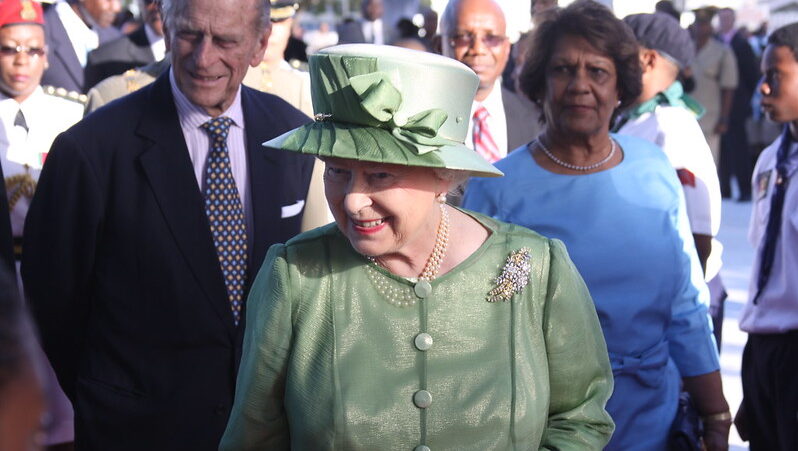Queen Elizabeth II was a nation’s grandmother, an emblem of stability and unwavering duty as the world changed around her.
And she represented an institution that amassed wealth through colonialist plunder and never meaningfully repaid it.
Accordingly, her death yesterday triggered a broad spectrum of emotional reactions. At 96 years old, it was not a surprise, but it did bookend a mighty span of history.
She was born to rule an empire, in a relatively stable climate. During her 70-year reign, former colonies asserted their independence and exploitation of fossil fuels grew to substitute for exploitation of subject peoples. Global inequities persisted as the climate crisis took hold.
Her successor, King Charles III, is an outspoken advocate for climate action. The man in charge of UK energy policy, Jacob Rees-Mogg, is a monarchist with a record of climate science denial.
How that shakes out matters not just for the millions of Brits facing soaring gas bills but everyone that shares this atmosphere.
This week’s stories
- Timeline: The climate crisis through Queen Elizabeth II’s life and reign
- As Queen Elizabeth II dies, climate advocate King Charles III takes throne
- Africa food crisis: Bill Gates and smallholders see different solutions
- Clean energy jobs overtake fossil fuel sector but wages lag behind
- Australia passes climate law targeting 43% emissions cuts by 2030
- UK puts climate denier in charge of energy policy
- African leaders blast European no-shows at climate adaptation summit
- Hali Hewa episode 4: Vanessa Nakate
- ‘Gigantic missed opportunity’: Chile rejects green constitution
- Deadly flash floods in UAE highlight need for resilience investment
